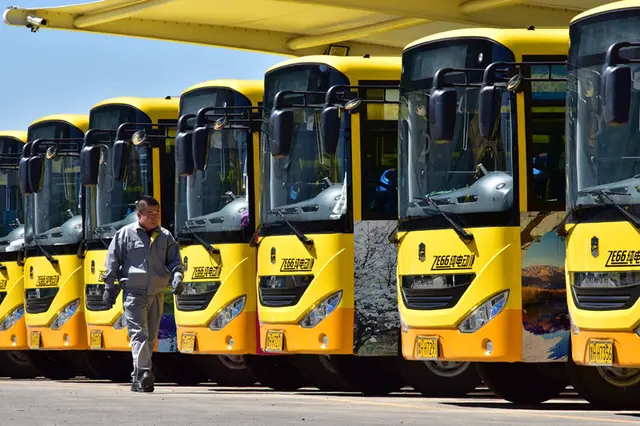The threat of Italy's first-ever nationwide police strike is drawing attention to Italian Prime Minister Matteo Renzi's plans to reform rules governing the public administration.
According to the UILPA public administration labor union, Italy has around three million public employees, ranging from law enforcement personnel to civil servants to maintenance workers, at local, regional, and national levels.
Political leaders, including Renzi who said reforming the public sector was a top priority when he first took office nearly a year ago, have talked about reforming the public administration for years.
But it took a news report saying a stunning 83 percent of police officers in Rome failed to report to work on New Year's Eve to draw attention to the reform efforts. Three out of four of the absent officers said they were suffering from "health issues" and were unable to work.
The reports gained worldwide attention, embarrassing the Italian capital, according to Rome's mayor Ignazio Marino.
Marino said he was thankful there were no serious incidents that night.
"The absent officers didn't manage to ruin the party, but the people responsible will be held to account," Marino said via social media.
Renzi also used social media to call new attention to his reform plans.
"I read that 83 percent of police did not work 'due to illness' on Dec. 31," the prime minister wrote. "This is why we will change the rules of public administration employment in 2015."
To be fair, nearly three-dozen officers found to have skipped work are facing disciplinary action. But changes are likely to go much deeper.
Renzi has vowed to streamline and consolidate Italy's five different national police forces, which, by some counts, have nearly twice as many officers per capita as in Germany.
Carlo Cottarelli, a former International Monetary Fund official whom Renzi recruited to suggest public sector reforms, has produced a 72-page review suggesting reductions in salaries for top civil servants among other plans.
Renzi's office also told Xinhua it had plans to update hiring rules and to institute a review process to separate effective and ineffective workers. Meanwhile, public administration budgets on most levels are being cut as part of a wider cost-cutting plan.
The public sector is fighting back, blocking the reform process, in some cases through strikes like the police strike and demonstration set for Feb. 12. Estimates are that as many as 60, 000 officers will come to Rome that day.
Francesco Garofalo, head of the police union CSA, said the strike was called to show solidarity with law enforcement officers in Rome defamed by the news reports.
For his part, Benedetto Attili, head of the UILPA public administration union, said the reports of police absenteeism on Dec. 31 was "exaggerated" to help make Renzi's case.
Attili told Xinhua that UILPA's membership was not against reform, but he said Renzi's reform plan was misguided.
"We agree reform is needed to make the public administration more modern and efficient," he said.
"But reforms that can change a worker's post by 50 kilometers without his permission, or change a worker's job to a lower level without reason, these kinds of changes are random and will be ineffective. We recognize the need for an effective public administration, but this kind of reform is not the answer," he said. Enditem
 简体中文
简体中文

